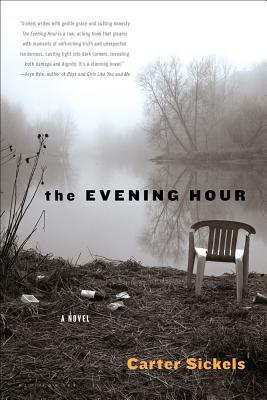I used to say that in order to get any writing done, I should hire someone to stand behind me with a stick and hit me on the head anytime I wasn’t working. I imagined someone along the lines of The Rock, or at least Queen Latifah, who embodied just such a character (more or less) in Stranger Than Fiction—a sweet movie despite its amazingly unrealistic portrayal of the writing life. “Motivator” might have been a good job title.
Well, now I have a Motivator, but he doesn’t look anything like I expected. Trying to write while taking care of a young baby is incredibly challenging, and something upon which wiser minds than mine have ruminated. On The Millions, the child-free Sonya Chung tackled “The Mommy Problem,” and FWR contributor and writer-mom Danielle Lazarin responded in her essay “‘The Mommy Problem,’ and the larger notion of life beyond work,” a year ago. Elsewhere, many other writers have wrestled with the issue of “the pram in the hall.”
In the most recent Glimmer Train bulletin, Lisa Catherine Harper offers a different perspective on combining parenthood and writing. She notes:
[T]he birth of my first child unexpectedly made everything in my life better—including my writing. My colleagues with children encouraged me while I was pregnant: never again will you have writer’s block. They were right, not because I would find new material in my children (although certainly I did) but because my writing life became more urgent. I didn’t have time to have writer’s block. I had minimal child care (by choice), so if I didn’t write—with focus and dedication—in those hours when my daughter slept, they were lost to me forever. Procrastination had no place when Ella needed to nurse, nor did it any longer have a place in my writing schedule. To survive, my writing had to become as immediate and present as my daughter.
I don’t know if that’s always possible, but it’s a wonderful goal, whether you have children or not. After all, we might all be better writers if our writing was “as immediate and present” as an infant. It’s hard to avoid procrastination, but if our “babies”—our novels and stories and essays—were as insistent as literal babies, refusing to be ignored, imagine how productive we might be.






